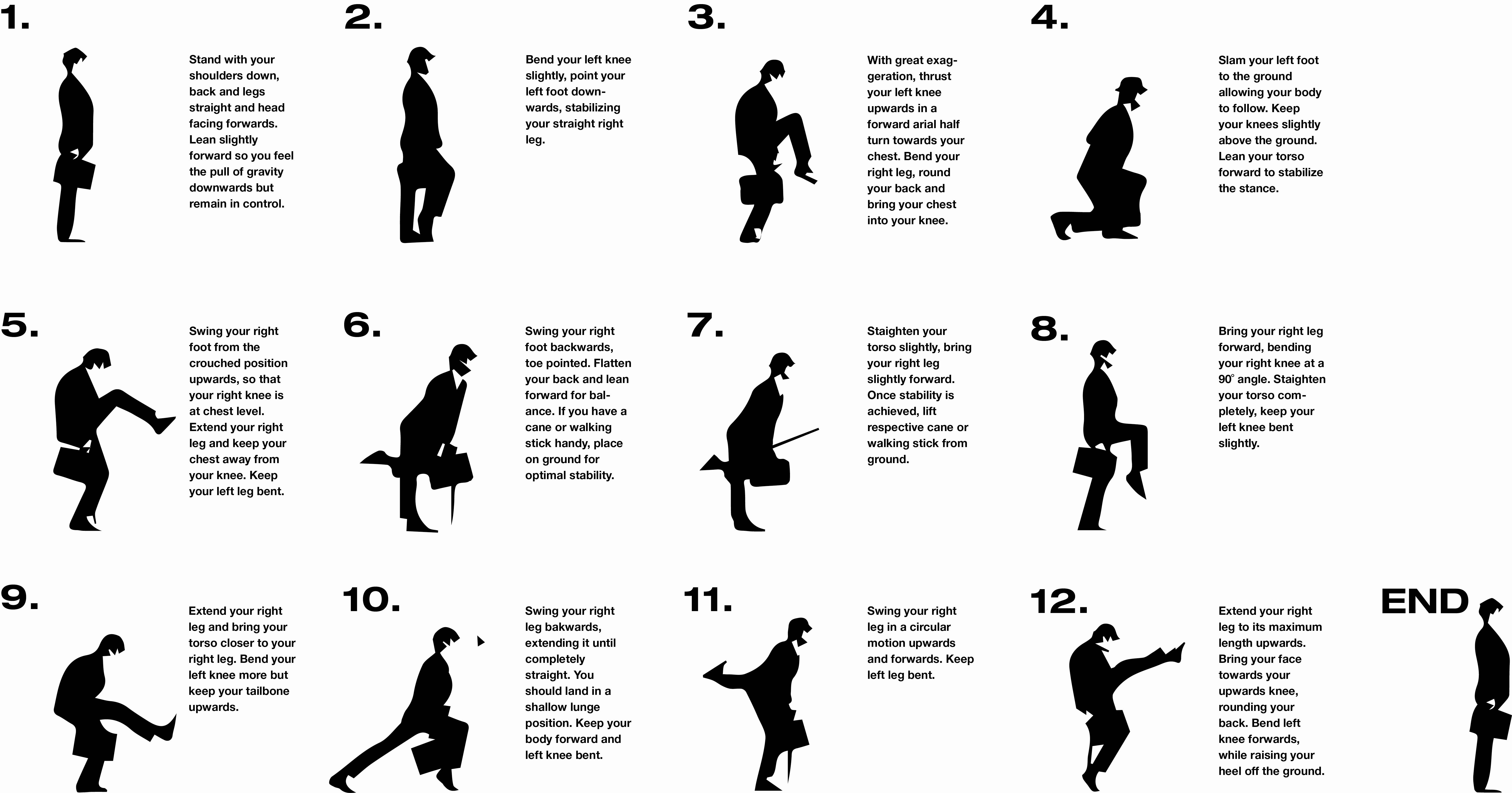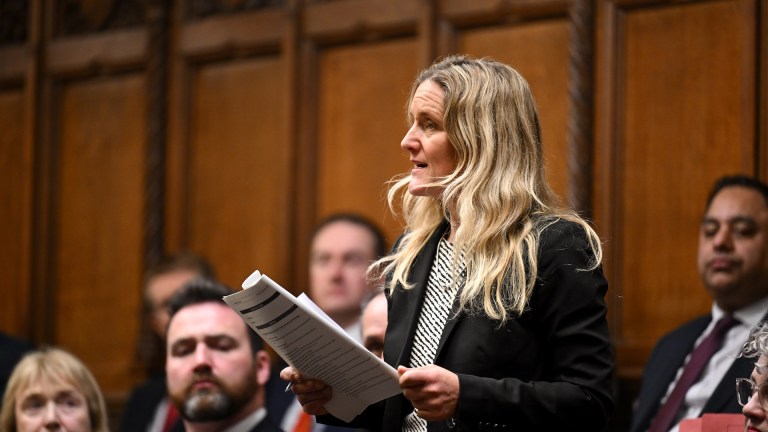Remember being taught in PE lessons how to swing your arms while running, or bend your arms while swimming in the most energy-efficient way possible? Well, it turns out we’ve been exercising all wrong.
Walking ‘“inefficiently” could be more likely to help you reach those exercise goals, according to new research published by the British Medical Journal, and – importantly – it should be done in the style of Mr Teabag from The Ministry of Silly Walks.
In case you’re not acquainted with this lesser known government body, its founding members are Mr Teabag and Mr Putey, played by John Cleese and Michael Palin in the 1971 TV Show “Monty Python’s Flying Circus”.
Your support changes lives. Find out how you can help us help more people by signing up for a subscription
Half a century after the now infamous sketch was broadcast, a group of medical researchers have taken it upon themselves to find out whether such “low efficiency walking” could have any health benefits, in comparison with the “high efficiency walking” walking most of us have become accustomed to.
“To fill this vital research gap”, the BMJ writes, 23 healthy adults were asked to recreate, “to the best of their ability”, the walks of Mr Teabag and Mr Putey around an indoor 30-metre course.











